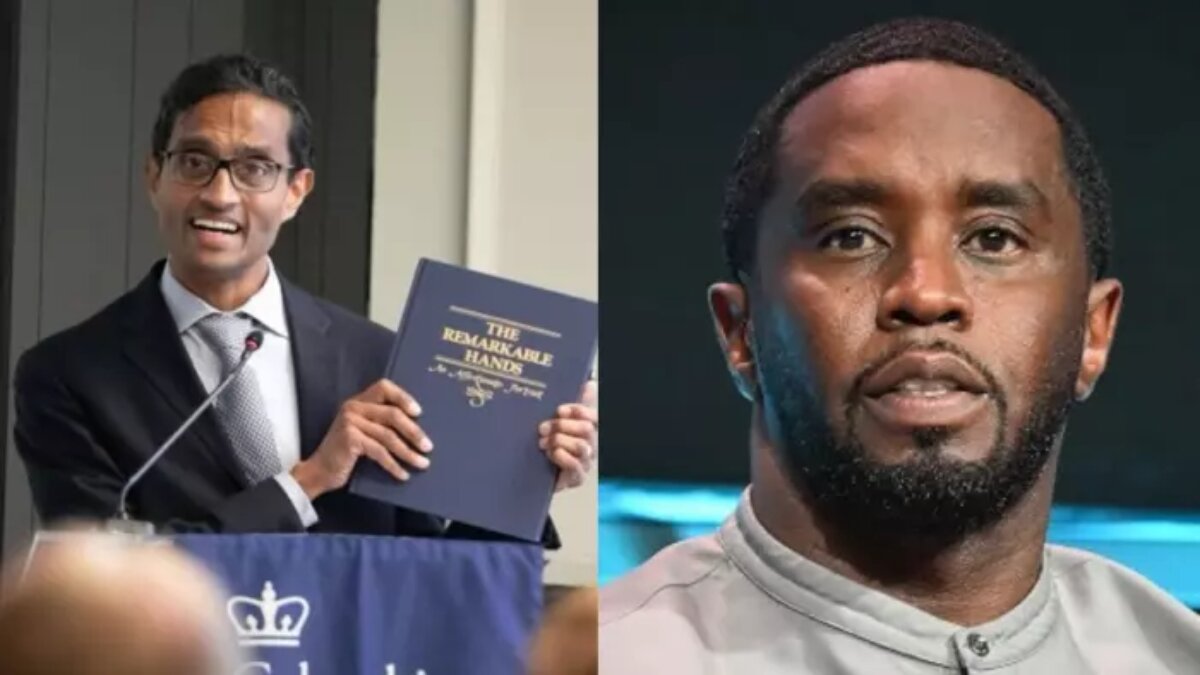The trial of music mogul Sean “Diddy” Combs has dominated headlines for weeks, and now the verdict is finally in. After a long and intense court battle in Manhattan’s federal court, Diddy has been sentenced to four years and two months in prison, along with a $500,000 fine. The case has drawn massive public attention — not just because of the high-profile defendant, but also because of the judge who delivered the sentence, Arun Subramanian, an Indian-origin federal judge whose comments during the trial stood out.
Arun Subramanian was born in Pittsburgh in 1979 to Indian immigrant parents. In 2022, he made history as the first South Asian judge to serve on the federal bench in Manhattan after being nominated by President Joe Biden. Before stepping into his role as a judge, he had a long and respected legal career. He earned degrees in Computer Science and English from Case Western Reserve University, followed by a law degree from Columbia Law School, where he was recognized for his academic excellence.
Subramanian spent over 15 years at the law firm Susman Godfrey LLP, where he handled major litigation cases and earned a reputation for standing up for everyday people against large, powerful institutions. Over the years, his work helped recover billions of dollars for victims of corporate wrongdoing, which reflected his dedication to fairness and justice.
During Diddy’s sentencing, Judge Subramanian addressed the deeper issue behind the case — the unchecked power that allowed Diddy’s alleged behavior to continue for years. “Why did it happen so long?” the judge asked in court. He then answered his own question: “Because he had the power and the resources to keep it going. Because he had not been caught.” His remarks captured the wider message of the trial — that fame and money should never shield anyone from accountability.
According to reports, Judge Subramanian also took a moment to recognize the strength of those who came forward to testify, saying, “You gave them a voice. You stood up to power.” His words were met with quiet respect in the courtroom, serving as a reminder of how vital it is for survivors to speak up, even against influential figures.
When it was his turn to speak, Diddy appeared subdued and emotional. As a video played in court showcasing his life and career, he reportedly fought back tears. Addressing the judge directly, he asked for another chance — a chance to rebuild his life, be a father, a son, and a positive force in his community once again. Before leaving the courtroom, he apologized to his family and acknowledged the pain his actions and the case had caused them.
The sentencing marked a significant moment, not only for Diddy’s career but also for conversations about justice, power, and responsibility in the entertainment industry.


